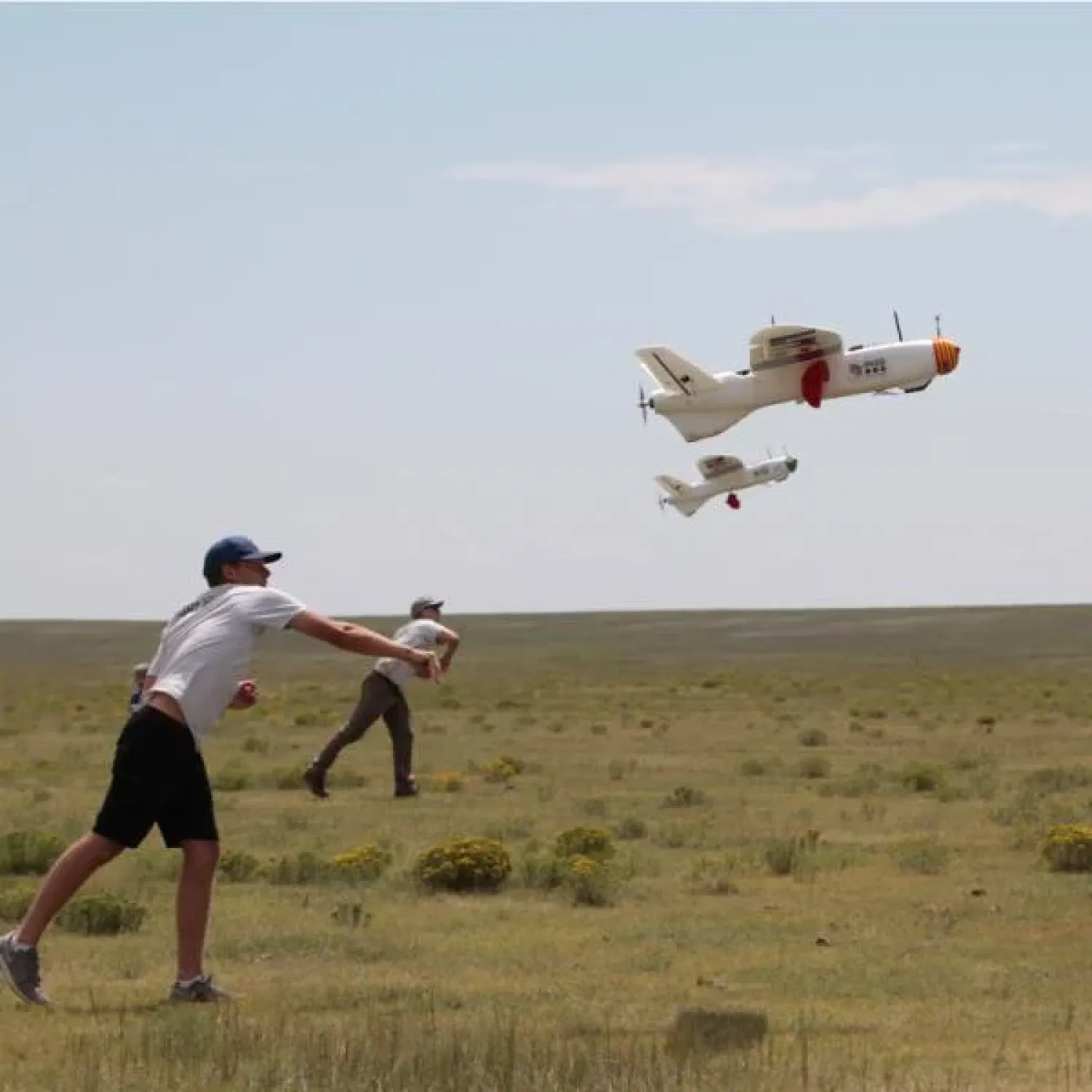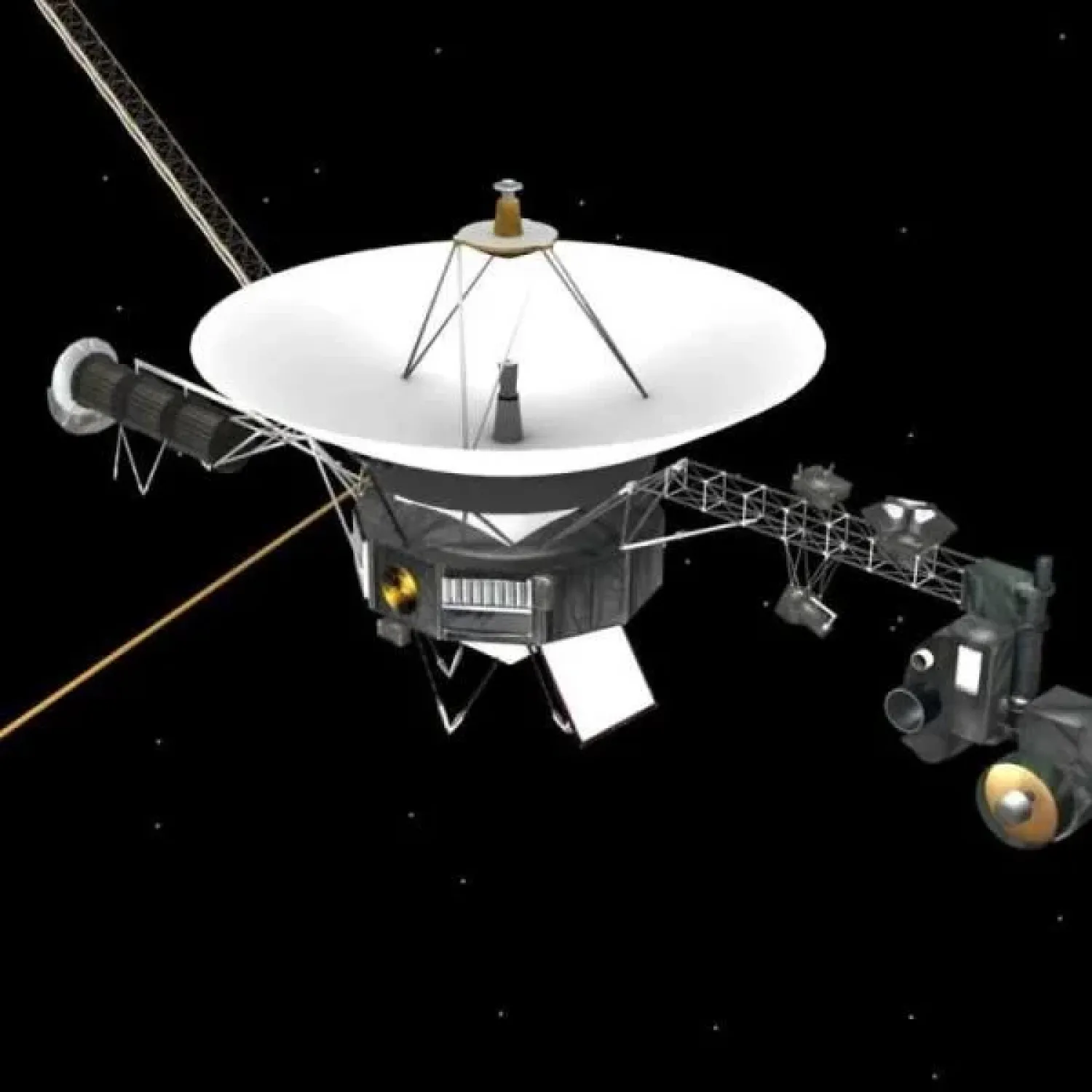Top research stories of the week: Sept. 8 edition
This week's top research highlights new drone technology, the study of gene-environment interactions and a look back at the Voyager spacecraft.

New swarming drone technology could help find lost hikers, study wildlife
CU Boulder researchers have developed an advanced drone "swarming" technology that allows a single operator to control multiple unmanned aircraft for a variety of missions, which could include searching for lost hikers or studying wildlife. The team received the first-ever approval by the Federal Aviation Administration to conduct flights with a single pilot managing multiple aircraft.

CU Boulder lands funding for advanced study of gene-environment interactions
Jason Boardman has made headlines studying the interactions between people's genes and their environment. Now he's helping launch a first-of-its-kind program to train young scholars in the cross-disciplinary field. The National Institute on Aging has awarded Boardman and CU Boulder professor Michael Stallings $595,666 over three years to create a formal training program in the area.

The Voyager spacecraft: 40 years in space, surreal solar system discoveries
In 1977, NASA launched two space probes destined to forever upend our view of the solar system. Decades later, the discoveries continue to dazzle. CU Boulder scientists, who designed and built identical instruments for Voyager 1 and Voyager 2, were as stunned as anyone when the spacecraft began sending back data to Earth.


